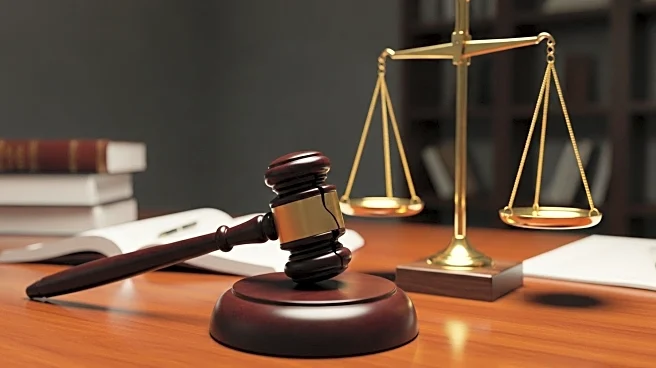What's Happening?
Personal injury cases often hinge on the concepts of negligence and liability, which are crucial for determining compensation for victims. Negligence occurs when a party fails to exercise reasonable care, leading to harm. To establish negligence, four elements must be proven: duty of care, breach of duty, causation, and damages. Liability refers to the legal responsibility for the harm caused, and can be direct, vicarious, or shared. Understanding these concepts is essential for victims seeking compensation for medical expenses, lost wages, pain and suffering, and property damage.
Why It's Important?
Negligence and liability are foundational to personal injury law, impacting how victims can recover compensation. Properly establishing these elements can significantly affect the outcome of a case, influencing the financial recovery for victims. This understanding is vital for navigating the legal process and ensuring fair compensation. It also highlights the importance of legal guidance in building a strong case, protecting victims' rights, and addressing both immediate and long-term impacts of injuries.
What's Next?
Victims of personal injury should act promptly to document incidents, seek medical attention, and consult with legal professionals to preserve evidence and establish liability. Legal experts can help navigate the complexities of personal injury claims, ensuring victims receive the compensation needed for recovery. As personal injury law evolves, understanding negligence and liability will remain critical for securing fair resolutions.
Beyond the Headlines
The principles of negligence and liability in personal injury cases may lead to broader discussions on legal reforms and consumer protection. As cases become more complex, there may be increased emphasis on ethical considerations in legal practice, ensuring victims' rights are upheld. This could drive changes in how personal injury claims are handled and influence public policy on compensation and liability.









